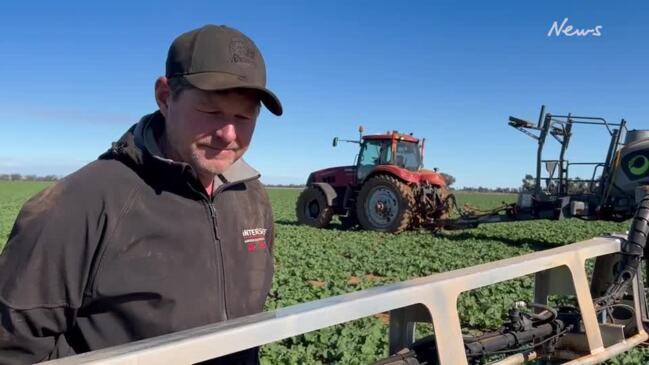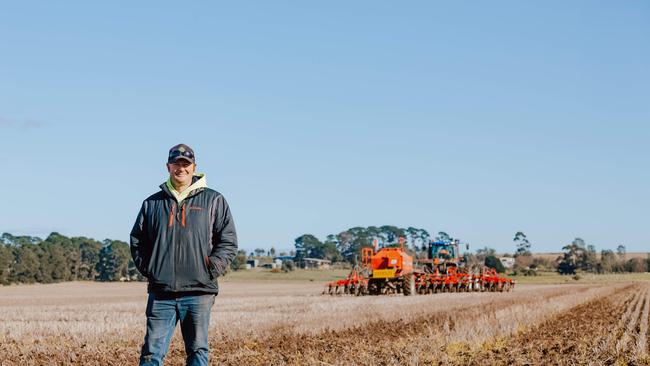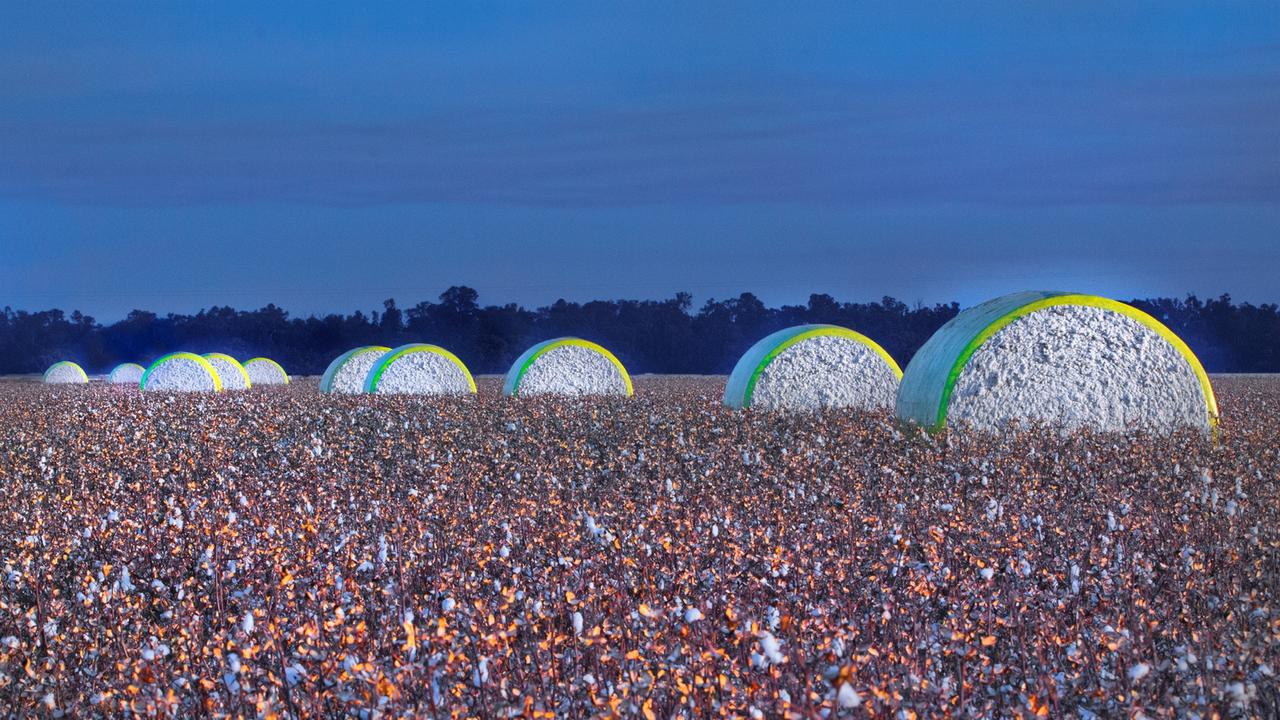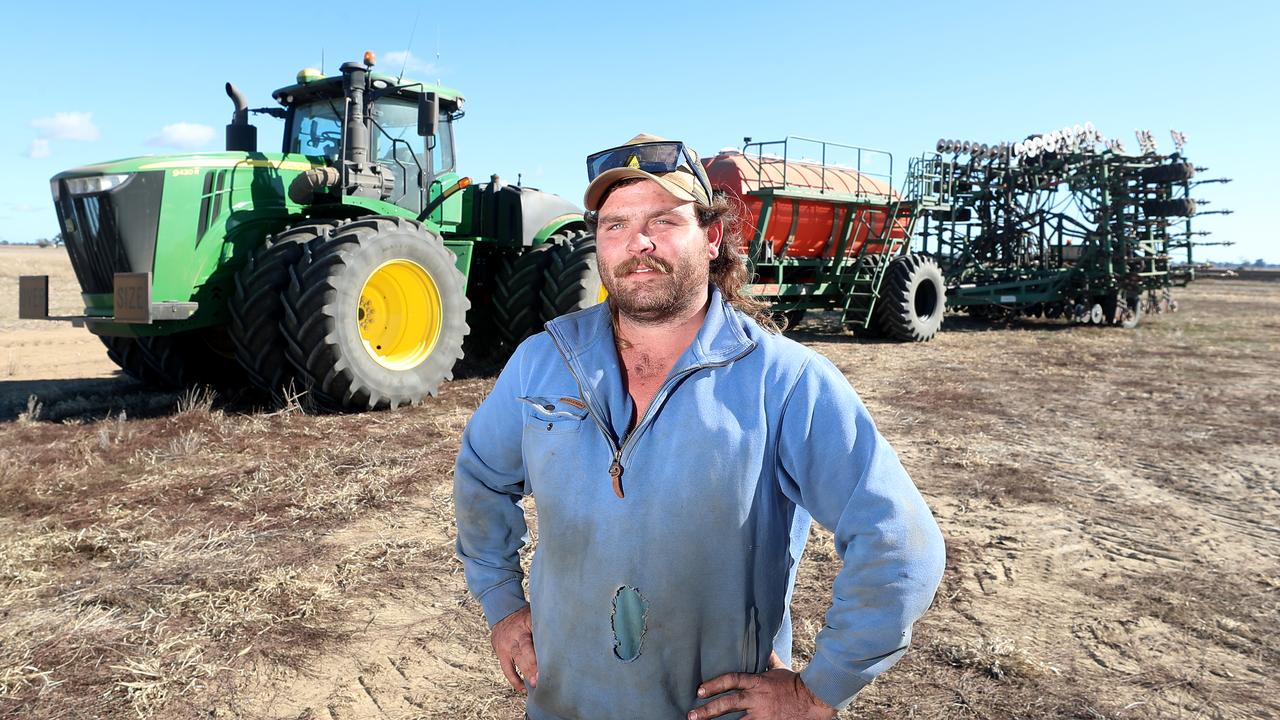Barley tipped to gain market share in a dry year
Barley is tipped to take back some market share in 2025, with farmers labelling it as a safe option in a tough year.

Barley is tipped to take back some market share in 2025, with farmers labelling it as a safe option in a tough year.
Farmers from the Western District to the north of the state say they will consider planting additional barley because it traditionally performs better than other options when soil moisture is limited.
Data from the Department of Agriculture, Fisheries and Forestry’s crop report showed a yield drop of 28.1 per cent for barley in Victoria in 2024-25. While it was down, wheat, compared with a drop of 32.7 per cent, and canola, 34.3 per cent.
BAR1 barley is making $357 a tonne in Melbourne, and malt grades are at $365 a tonne, with growers saying the price has remained reasonably stable.

Stewart Hamilton from Inverleigh said it was still dry in his area, and he planned to increase barley planting by 20 per cent this year.
“Barley is able to handle the dry weather a little better,” he said.
Mr Hamilton said last year, which was uncharacteristically dry for the region allowed barley to stand out as a performer.
“It was one of the only commodities we made money on in a dry year,” he said.
This year he will plant wheat, barley, canola and oats for hay.
“Barley would get the medal in a footy game for the most consistent performer, it is pretty adaptable, and we can sow it late and still get a reasonable yield,” he said.
Mr Hamilton measured 15mm of rain in the gauge a month ago and the region was looking for more.
He planned to start sowing winter crops after Easter.
Rupanyup grain grower Andrew Weidemann said when it comes to comparing cereals in dry years, barley can perform better than wheat.
Mr Weidemann said a lot of farmers would be increasing the amount of barley this year and possibly reducing canola to better suit the dry conditions.
“In this area last year, some of the barley crops were yielding more than 6.5 tonnes a hectare, and I didn’t hear of many barley crops falling under 3 tonnes a hectare,” he said.
Mr Weidemann said he will start sowing vetch next week before moving into main-season winter crop planting.




